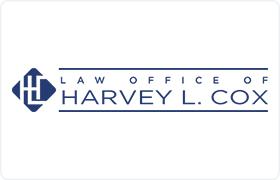Moody Estate Lawyer, Texas
Sponsored Law Firm
-
 x
x

Click For More Info:
-
Law Office of Harvey L. Cox
1600 Lake Air Drive Suite 102 Waco, TX 76710» view mapEstate Law, Power of Attorney A New Perspective On Estate Planning
Our Family Estate & Business Planning focuses on protecting your assets from creditors, predators, lawsuits, judgments, liens, and greedy relatives.
800-795-7741
Harvey L. Cox
✓ VERIFIEDHarvey L. Cox has been practicing law in Texas since 1990 and has extensive experience working with families and businesses. He limits his practice t... (more)
James Berry Stapler
✓ VERIFIEDJames Stapler has been licensed by the Supreme Court of Texas since 1999. He has successfully represented hundreds of clients in Family and Criminal C... (more)
Joshua Clay Pearson
✓ VERIFIEDMr. Pearson believes that each client has their own story and that it is important to understand the people that make up each case. He tries to add a ... (more)
Kimberly Gayle Sowders
✓ VERIFIEDKimberly Sowders is an experienced attorney. She provides counseling and legal services to a wide variety of clients, from individuals to established ... (more)
FREE CONSULTATION
CONTACTFREE CONSULTATION
CONTACT Harvey L. Cox Waco, TX
Harvey L. Cox Waco, TX Practice AreasExpertise
Practice AreasExpertise





